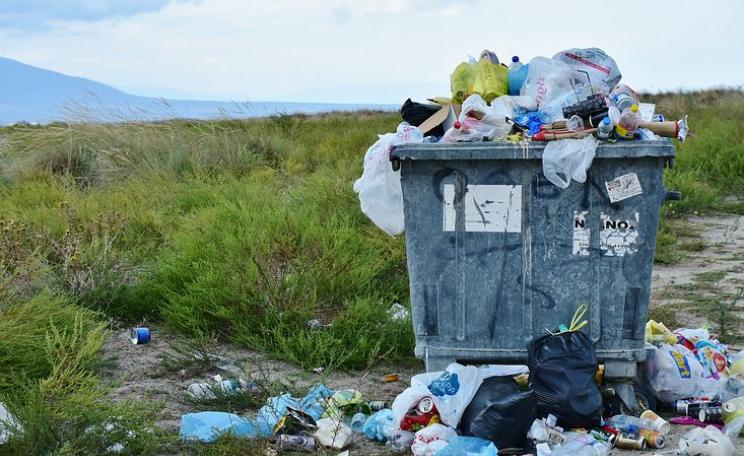We were expecting the tragedy in the Philippines to inject a sense of urgency into these talks, but instead it has been business as usual.
Delegates came to Warsaw looking to take near term action on hydrofluorocarbons (HFCs), super greenhouse gases hundreds to thousands of times more potent than CO2.
But a key paragraph in an agreed 'decision text' - that would have accelerated international cooperation under the Montreal Protocol on these chemicals - was deleted at the last minute at the insistence of India and Saudi Arabia. The effect of the withdrawn text was to allow the cooperation of other international bodies in meeting climate objectives:
"The COP ... Invites other relevant multilateral fora to cooperate in the phasing down of the production and consumption of hydrofluorocarbons, taking into account the availability of safe and technically and economically viable alternatives and options for mobilizing and deploying resources for such phasing down".
The ambush mounted by India and Saudi Arabia adds the two nations to the 'climate saboteurs' group of countries already comprising Australia, Canada, Japan and Poland - ironically the country hosting the COP19 climate talks in Warsaw. Poland has vigorously supported coal as the 'fuel of the future', even holding a World Coal Summit in Warsaw coinciding with COP19.
India had already obstructed progress before the meeting took place - apparently to protect its chemical industry - five powerful families own India's five large fluorinated gas companies that have lobbied against eliminating HFCs for years.
Much less clear is why Saudi Arabia should join in the action. However Saudi Arabia has a long history of obstructing progress at climate talks in order to protect its oil revenues. The kingdom may have struck a mutual support agreement with India.
"Blocking action to phase out HFCs under the Protocol is a missed opportunity for near-term greenhouse gas mitigation - real action has been sacrificed for negotiating tactics", said Danielle Gagne, HFC & Climate Policy Analyst with the Environmental Investigation Agency (EIA).
"Addressing HFCs under the Montreal Protocol would provide real results in the short term, with more than 2 billion metric tons of CO2 equivalent emissions avoided by 2020."
"This year's talks have highlighted a growing divide between poor developing countries that stand to lose the most from the lack of action on climate change, and countries that seem willing to hold up progress for tactical reasons.
"Progress has also been thrown off course by a series of controversies, including host country Poland's vigorous support for coal-based power, an overwhelming corporate presence, and Australia and Japan announcing moves to dramatically scale back national policies to cut greenhouse gases."
Natasha Hurley, Global Environment Campaigner with EIA, added: "We're appalled at the lack of concrete actions on the table. We were expecting the tragedy in the Philippines to inject a sense of urgency into these talks, but instead it has been business as usual."



